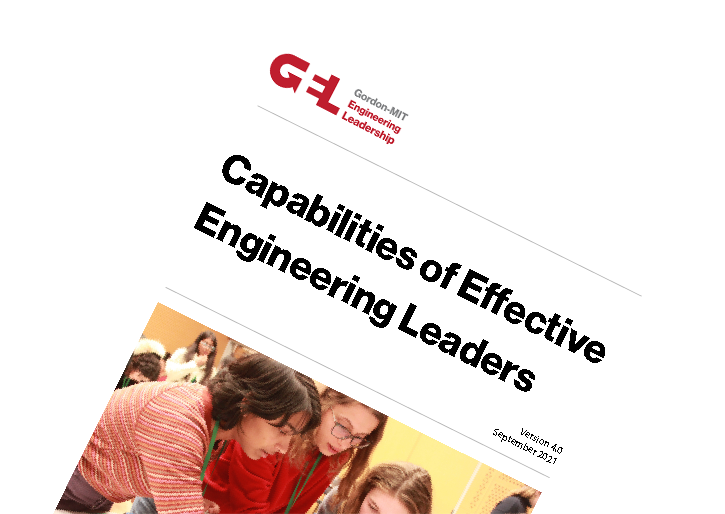Develop and grow your personal values, embrace a growth mindset, and strengthen your sense of responsibility and accountability to build foundations for leadership effectiveness.
- Taking Initiative
- Making Decisions in the Face of Uncertainty
- Upholding Responsibility, Sense of Urgency, and Will to Deliver
- Exercising Resourcefulness, Flexibility, and Resilience
- Committing to Ethical Action, Integrity, and Courage
- Exercising Self-Awareness, Self-Reflection, and Self-Improvement
- Developing Vision and Intention in Life and Career
- Fostering Trust, Loyalty, and Team-Building
- Including and Embracing Diverse Backgrounds and Experiences on Teams


